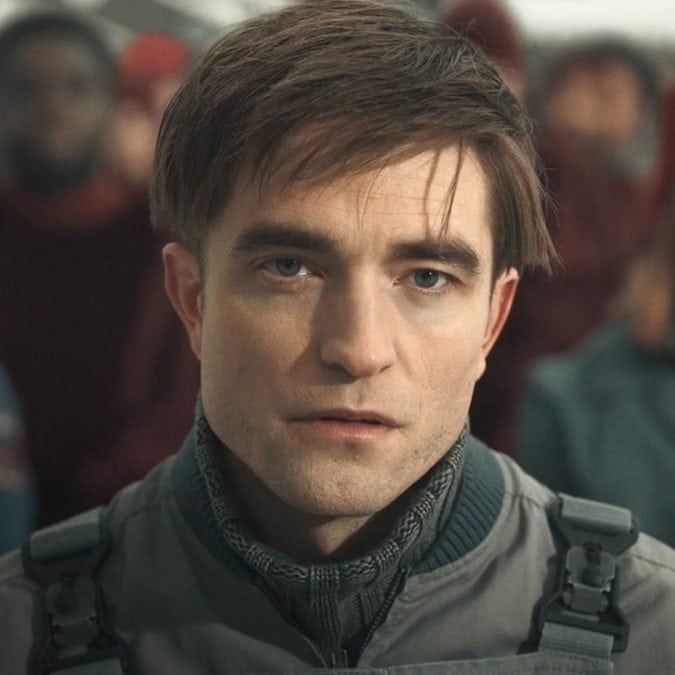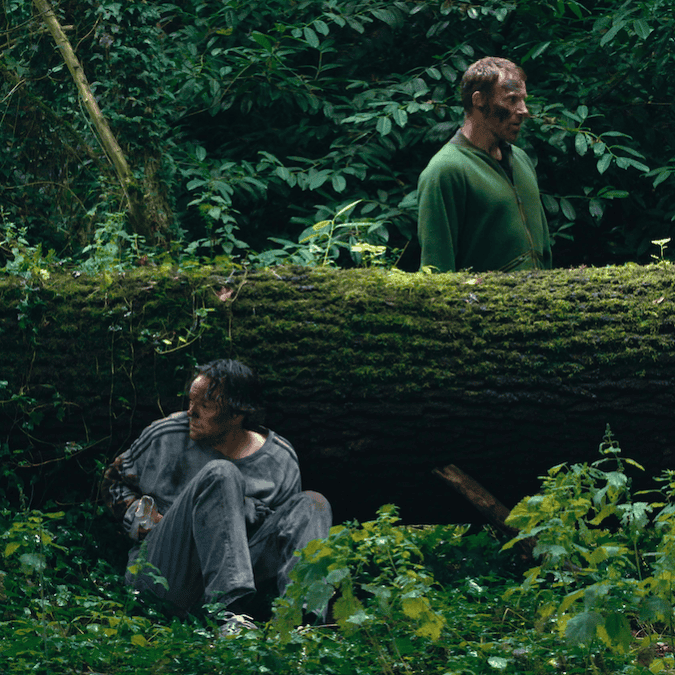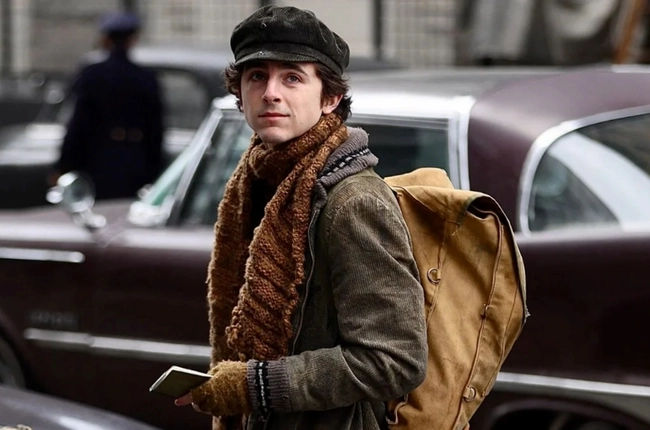
The Electric State: The BRWC Review. By Josiah Teal.
The Electric State has everything a studio thinks would make a hit. The film features the Russo Brothers directing and once again collaborating with their MCU writing partners from the Captain America films and the conclusion to the Infinity Saga. The cast list boasts bankable stars in the leads with Millie Bobby Brown and Chris Pratt and a plethora of co-stars such as Woody Harrelson, Stanley Tucci, Ke Huy Quan, and Giancarlo Esposito. And the film has a built-in-audience from the 2018 novel of the same name, is presented by Netflix, and features a 300-million-dollar budget. But can it deliver? Can it be the dawn of a new franchise ready for sequels, spin-offs, merchandise, etc.?
It’s 1990, or a retro-futuristic 1990, set just before the massive war between robots and humans. Chris (Woody Norman) is a child prodigy, preparing for college and getting a pep talk from his sister, Michelle (Millie Bobby Brown). Still, while Chris is ready for the next stage in his young life, a sense of foreboding begins as the rise of anti-robot sentiment sturs on campus. What follows is a montage of human-robot relations over the last 100 years, beginning with robots opening at Disneyland, continuing into robots’ rights rallies, and ending in an all-out war for the planet. When the war ended, and the bombs stopped, a tentative treaty existed between the humans and the machines they enslaved.
Michelle’s story picks up after the war. The world she grew up in is gone, replaced by a dystopia and the loss of everyone she loved. She lives with a neglectful father (Jason Alexander) and disconnects from the technology of the sub-modern. But when a malfunctioning robot claims her brother is alive, Michelle must travel across the country to “The Exclusion Zone,” a prison for robots, to find her brother and potentially save the world. The Electric State takes notes from later Spy Kids films, the MCU (not shocking), and more than a little Spielberg as Michelle battles to survive in a nostalgic wasteland.
Millie Bobby Brown plays the rebellious yet caring Michelle as she travels across the war-ravaged landscape. While traveling, Michelle comes across ex-soldier Chris Pratt’s Keates (complete with a needle drop of Danzig’s “Mother”). Chris Pratt plays the quippy now arms dealer with the usual Pratt charisma and rounds out the ensemble with his robot compatriot Herman (Martin Klebba). The cast finally rounds out to form a rag-tag group headed for adventure, but not without several more cameos and supporting roles from familiar faces from across Hollywood.
Chris Pratt and Millie Bobby Brown each play familiar characters in their filmography; Pratt is a lovable jerk (a la Starlord), and Millie Bobby Brown is a perfect vehicle for the plot. Performances are strong throughout the narrative and the cast, with highlights coming from Giancarlo Esposito, adding gravitas to an otherwise one-note villain, and Stanley Tucci is excellent as always. Ke Hey Quan adds believability/buy-in to some ridiculous story explanations. The Electric State excels in the casting department and pairs even mild action scenes with more than a few fun needle drops in the soundtrack.
The Russo Brothers are known for creative and innovative action. Their brand action is not necessarily the gritty gun-play of John Wick or bone-breaking choreography of The Raid, but still innovative takes on the comic-book-inspired splash-page-esquee action of The Paintball episodes of Community and the elevator fight in Winter Soldier. Though the scale and CGI of The Electric State match their previous work, the battles never soar to the heights of their previous films, making weaker moments feel more akin to Eli Roth’s Borderlands. Fight scenes have plenty of high stakes, the story has precise moments of progress, and Michelle’s character arc is well-defined. Still, The Electric State often lacks the difficult-to-quantify but always vital “fun” aspect.
“Fun” is often hard to pinpoint. However, The Electric State usually tries to find its fun through attempts at Spielbergian sentimentality and a collage of Ready Player One pop culture infusion (though much lighter than Ernest Cline’s novel or the film adaptation). The film features bits of Bruce Willis’ Surrogates, a little District 9, and even a little Five Nights at Freddy’s, all at play within The Electric State. Moments feel like a hodgepodge of genres and styles, but rather than flowing like the jazz of Cowboy Bebop, it’s abrasive like 2016’s Suicide Squad. It struggles to find an identity beyond setting itself up to become the next MCU. The Electric State constantly seeks to build something bigger than a standalone, assembling significant star power, doubling down on sci-fi action genre tropes, and filling the story with franchise potential.
There is a world where The Electric State could work, even on a smaller scale, like the gorgeous creature-slaying trek Love & Monsters or traveling back before the source material to Y2K, a Hollywood just starting to realize the full potential of comics. But The Electric State seems like a movie out of time as if it were made for a pre-MCU era of action-adventure or at least pre-Marvel’s Avengers. The premise is interesting, and the performances are by some of the best actors in the fandom. There is an audience for The Electric State, but too often, the film hopes misalign with the climatic payoffs, leading to a fascinating world but unlikely to spark the next box-office-breaking franchise.
We hope you're enjoying BRWC. You should check us out on our social channels, subscribe to our newsletter, and tell your friends. BRWC is short for battleroyalewithcheese.
Trending on BRWC:

Black Bag – The BRWC Review

Mickey 17 – The BRWC Review

GAME: First Feature From Geoff Barrow’s Invada Films

A Complete Unknown: Review









NO COMMENTS
Sorry, the comment form is closed at this time.